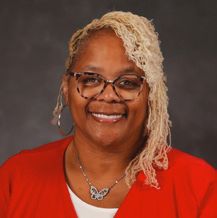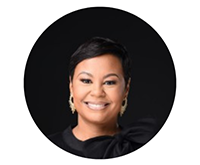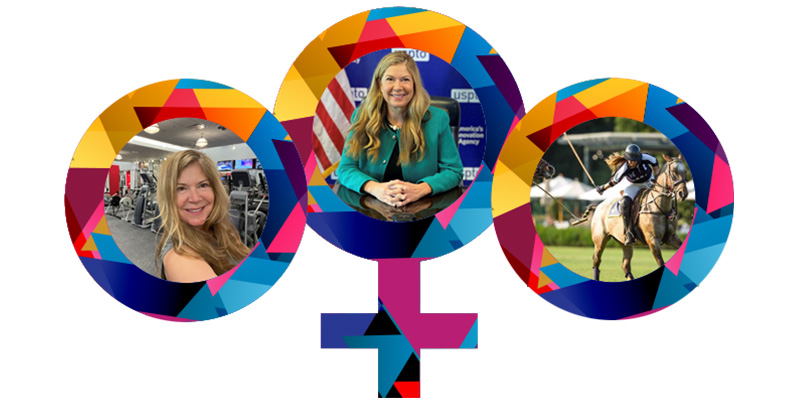FEW members and friends:

This year’s National Training Program (NTP) intersects with the month we mindfully honor Women’s Equality. We are part of a long history of women and allies fighting for our rights and protecting female wage-earners in the United States of America and in the federal workplace. Recognizing this, we are committed to individually and collectively doing our part to continue advancing women in the workplace. Training is a fundamental tenet and focus area of this great organization, allowing FEW members to expand their knowledge base and grow new skills.
As we embark on our 55th NTP, we will Unleash our Full Potential: Learn, Recall, Apply, and Reinforce. During this exceptional week of education and networking, we will have our fill of a “Taste of Chicago”. Yes, the Windy City awaits us! I have always been impressed with the professionalism, array of career development options, expertise of the instructors, and opportunities for expanding one’s network each time I attend a FEW NTP. 2024 will bring the best NTP ever and each one of you who choose to participate will make all the difference.
Joe Cote and the team at Southern New Hampshire University remind us of the importance of assessing your own career position and creating a roadmap for advancement. “Have good self-awareness”, “take action to build and improve your qualifications”, and “have a network and know how to leverage it” are just a few recommendations you can implement during #FEWNTP2024 at the Hilton Chicago.
According to the Federal Managers Association (FMA), navigating various types of workplace scenarios, including remote work and balancing a return to the office, is critical to our professional and upward mobility.
In collaboration with the Partnership for Public Service, FMA offers resources for topics you may explore in preparation for our upcoming NTP. The categories cited below are concepts to keep in mind as you move along in your career journey.
- Emotional intelligence
- Active listening
- Core competencies
- Wellbeing and social engagement
- Team dynamics
The FEW NTP is designed to address each of these topics and more. The coursework is appropriate for all federal occupations at varying levels of service. Each training session aligns with the Office of Personnel Management’s Senior Executive Service Executive Core Qualifications (Leading Change, Leading People, Results Driven, Business Acumen and Building Coalitions) and the underlying fundamental core competencies. Our Vice President for Training and 2024 NTP Chair, Khadejah Brown, has expanded the coursework to include sessions on Leadership and Culture, Professional Development, Office Technology and Administration, and Employee Experience. Our Vice President for Compliance, Shannon Carroll, has orchestrated a phenomenal luncheon for you on the last day of NTP. Together, we will explore the Compliance focus area and discuss “Removing Barriers to Unleash Your Full Potential”.
I cannot wait to see you there. Yes, the Windy City awaits!
Yours in Service,
Pamela H. Richards
National President
Federally Employed Women






